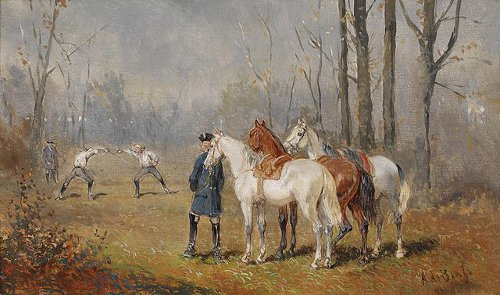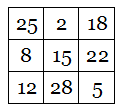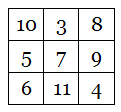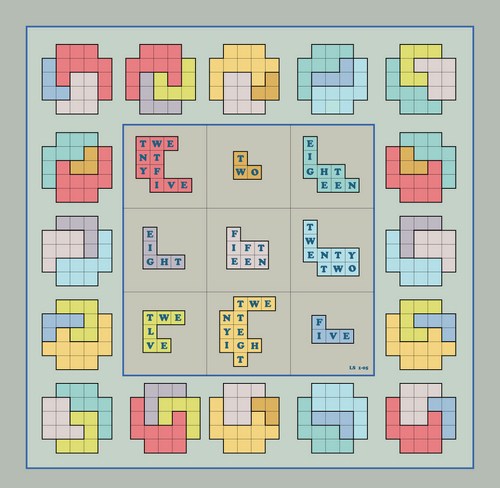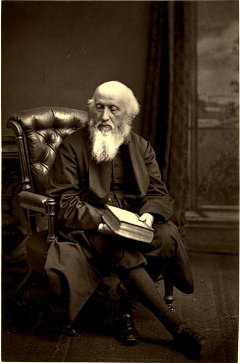If the English names of the natural numbers are spelled out consecutively, what letter occurs most frequently? In 1981 Frank Rubin showed that I never overtakes E in this race. When we reach NINE HUNDRED NINETY-NINE, the letter E has appeared 3,130 times, while I has appeared only 1,310. After NINE HUNDRED NINETY-NINE THOUSAND NINE HUNDRED NINETY-NINE, each of the names ONE through NINE HUNDRED NINETY-NINE has appeared 1,000 times to the left of the word THOUSAND and 999 times to the right, so at the ONE MILLION mark I has appeared 2,620,000 times and E 6,260,000.
When we reach ONE BILLION, I has had a bit of a boost by appearing 1,998,000,000 times in the word MILLION, but it’s not enough: At this point E has appeared 9,390,000,000 times and I only 5,928,000,000.
The gap is never closed. It narrows if an -illion word has two or more Is and no Es, but if E also appears (SEXTILLION, SEPTILLION) then it widens. I makes its closest approach at ONE SEXTILLION, when we’ve racked up 2.0159 × 1022 Is and 2.191 × 1022 Es.
In fact, the only letters that ever surpass E, anywhere in the sequence, are O at the end of TWO and T before THREE is spelled out.
(“Colloquy,” Word Ways, November 1981)

